

Articles
How Much Is 1 Tb Of Storage
Modified: January 21, 2024
Looking for data storage options? Discover the answer to "How much is 1 TB of storage?" and explore the best data storage solutions for your needs.
(Many of the links in this article redirect to a specific reviewed product. Your purchase of these products through affiliate links helps to generate commission for Storables.com, at no extra cost. Learn more)
Introduction
Welcome to this informative article on understanding the concept of storage units and exploring the world of 1 TB storage. In today’s digital age, where our lives are increasingly intertwined with technology, having sufficient storage space for our data has become a necessity. Whether you’re a casual user or a professional, understanding storage units and their capacities is crucial for making informed decisions.
In this article, we will delve into the world of 1 TB storage and break down its implications. By the end, you will have a clear understanding of how much data you can store in 1 TB, as well as the factors that affect its pricing and common uses.
But before we dive into the specifics of 1 TB storage, let’s take a moment to understand storage units in general.
Key Takeaways:
- 1 TB of storage offers an impressive capacity, equivalent to 1,000 gigabytes or approximately 1 trillion bytes, making it suitable for a wide range of applications from media storage to data backup.
- Understanding the factors affecting the pricing of 1 TB storage, such as device type, brand, demand and supply dynamics, technological advancements, and additional features, empowers informed decision-making for efficient data management.
Read more: 1TB Thumb Drive: A Cheatsheet For Beginners
Understanding Storage Units
When it comes to digital storage, there are various units of measurement that we often come across. These units help us quantify the amount of data that can be stored on different devices. The most common units are bytes (B), kilobytes (KB), megabytes (MB), gigabytes (GB), terabytes (TB), and so on.
Each successive unit is larger in capacity compared to its predecessor. For instance, 1 kilobyte is equal to 1,024 bytes, 1 megabyte is equal to 1,024 kilobytes, and so on. This exponential progression allows for greater storage capabilities as technology advances.
Now that we have a basic understanding of storage units, let’s explore what exactly 1 TB of storage entails.
What is 1 TB of Storage?
1 TB, short for terabyte, is a unit of storage that represents a massive amount of data. To put it into perspective, 1 terabyte is equal to 1,000 gigabytes, or approximately 1 trillion bytes. It is a staggering amount of storage capacity that can accommodate a vast array of data, ranging from documents and photos to videos and music.
With 1 TB of storage, you have the ability to store and organize a significant portion of your digital life. It can hold thousands of high-resolution photos, hundreds of hours of video footage, or a vast library of music files. The sheer volume of data that can be stored in 1 TB is enough to meet the needs of most individuals and even small businesses.
1 TB storage comes in various forms, including internal hard drives, external hard drives, solid-state drives (SSDs), and cloud storage solutions. Each option offers its own advantages and considerations when it comes to speed, accessibility, and convenience.
Now that we understand what 1 TB of storage represents, let’s explore how much data can actually be stored in this impressive capacity.
How Much Data Can You Store in 1 TB?
The amount of data you can store in 1 TB depends on the type and size of the files you are dealing with. Here are some estimates to give you a better understanding:
- High-resolution Photos: If we assume the average size of a high-resolution photo to be around 5 MB, you can store approximately 200,000 photos in 1 TB storage.
- Video Files: Video file sizes can vary significantly depending on the resolution, frame rate, and compression used. As a rough estimate, with 1 TB of storage, you can store around 250 hours of 1080p Full HD video or 40 hours of 4K Ultra HD video.
- Music Files: The size of music files can vary depending on the audio quality. Assuming an average file size of 5 MB per song, you can store roughly 200,000 songs in 1 TB storage.
- Text Documents: Text documents are relatively small in size. With an average file size of 100 KB, you can store approximately 10 million text documents in 1 TB storage.
These estimates are provided as a general guideline and may vary depending on file formats, compression techniques, and other factors.
It’s important to note that the size of files continues to grow as technology advances, especially with the increasing popularity of high-resolution images, 4K videos, and lossless audio formats. Therefore, it’s always a good idea to consider future storage needs and plan accordingly when choosing a storage capacity.
Now that you have an idea of how much data 1 TB storage can hold, let’s compare it to other storage units to get a better understanding of its scale.
1 TB of storage is equivalent to 1,000 gigabytes. It can hold approximately 200,000 photos, 250 hours of HD video, or 250,000 songs.
Comparing 1 TB Storage to Other Units
When comparing storage units, it’s helpful to have a sense of scale to understand the capacities involved. Let’s take a look at how 1 TB storage measures up against other commonly used units:
- 1 TB vs. 1 GB: 1 TB is equivalent to 1,024 GB. This means that 1 TB provides over 1,000 times more storage capacity than 1 GB.
- 1 TB vs. 1 MB: 1 TB is equal to 1,048,576 MB, which is more than a million times larger in capacity.
- 1 TB vs. 1 KB: 1 TB is equivalent to 1,073,741,824 KB, making it billions of times larger in storage capacity.
These comparisons highlight the exponential growth in storage capacity as we move up the units. It’s truly remarkable to see the progression from kilobytes to terabytes, showcasing the capabilities of modern storage technology.
Now that we have a sense of the scale of 1 TB storage, let’s explore some of the common uses for this impressive amount of storage space.
Read more: How Much Is 2 Tb Of Storage
Common Uses of 1 TB Storage
1 TB of storage offers a vast amount of space, making it suitable for a wide range of applications. Here are some common uses for 1 TB storage:
- Media Storage: 1 TB can store a significant collection of photos, videos, and music files. Whether you’re a professional photographer, a videographer, or a music enthusiast, 1 TB allows you to store and organize your media library without worry.
- Data Backup: With 1 TB, you can back up important files and documents from multiple devices, providing a reliable and secure solution for data backup.
- Personal and Business Documents: 1 TB storage can store an extensive collection of documents, including word processing files, spreadsheets, presentations, and more. This is especially useful for individuals and businesses that generate and store a large volume of digital documents.
- Gaming: Gamers can make good use of 1 TB storage to store their game library, including game installations, saved files, and downloadable content (DLC). As games continue to grow in size with high-resolution graphics and immersive worlds, having ample space is essential.
- Video Editing and Production: For content creators, video editing and production can quickly consume storage space. 1 TB provides room to store raw footage, edited projects, and other multimedia assets.
These are just a few examples of the versatile applications for 1 TB storage. The flexibility and abundance of space provided by 1 TB make it a suitable choice for various personal, professional, and creative endeavors.
Now that we’ve explored the common uses of 1 TB storage, let’s consider the factors that affect its pricing.
Factors Affecting the Pricing of 1 TB Storage
When it comes to the pricing of 1 TB storage, several factors come into play. Here are some key factors that influence the cost:
- Device Type: The type of device used for storing 1 TB affects its pricing. Internal hard drives, external hard drives, solid-state drives (SSDs), and cloud storage all have different price points based on their technology and features.
- Brand: The brand of the storage device can also impact its pricing. Well-known and established brands often come with a higher price tag due to their reputation, quality, and customer support.
- Demand and Supply: Market demand and supply dynamics play a role in determining the pricing of 1 TB storage. If the demand for a particular type of storage exceeds the available supply, prices may be higher.
- Technology Advancements: As technology advances, the cost of storage tends to decrease. Over time, the price per TB has become more affordable, allowing consumers to access larger storage capacities at a lower cost.
- Additional Features: Some storage devices come with additional features like built-in encryption, data recovery options, or compatibility with specific operating systems. These features can affect the pricing of the 1 TB storage device.
It’s important to consider these factors when comparing the pricing options for 1 TB storage. Understanding the trade-offs between different devices, brands, and features can help you make an informed decision based on your specific needs and budget.
Now that we have explored the factors affecting the pricing of 1 TB storage, let’s summarize what we have learned so far.
Conclusion
In conclusion, 1 TB storage provides a vast amount of space to store and organize your digital data. Whether you need it for personal use, professional purposes, or creative endeavors, 1 TB offers ample room to store a significant collection of photos, videos, music, documents, and more. It allows you to back up important files, create media libraries, and work with large files without the worry of running out of storage space.
Understanding storage units and their capacities is essential for making informed decisions about the storage devices you choose. 1 TB, which is equivalent to 1,000 gigabytes or approximately 1 trillion bytes, represents an impressive amount of storage capacity in today’s digital age.
When comparing 1 TB storage to other units, such as gigabytes or kilobytes, it becomes evident that the potential for storing data grows exponentially with each increase in unit size. This exponential growth in storage capacity allows us to store vast amounts of data that would have been unimaginable just a few years ago.
1 TB storage has a wide range of applications, from storing media files to backing up documents and accommodating large video editing projects. The pricing of 1 TB storage can vary depending on factors such as device type, brand, demand and supply dynamics, technological advancements, and additional features.
As technology continues to evolve, storage capacities will likely increase, and the cost per TB will likely decrease. This trend provides even more opportunities for individuals and businesses to store and manage their digital data efficiently.
In summary, 1 TB storage is a powerful tool that offers a significant amount of space for your digital storage needs. Understanding its capabilities and considering the factors affecting its pricing will empower you to make informed decisions and ensure that your data is securely stored and easily accessible.
Frequently Asked Questions about How Much Is 1 Tb Of Storage
Was this page helpful?
At Storables.com, we guarantee accurate and reliable information. Our content, validated by Expert Board Contributors, is crafted following stringent Editorial Policies. We're committed to providing you with well-researched, expert-backed insights for all your informational needs.

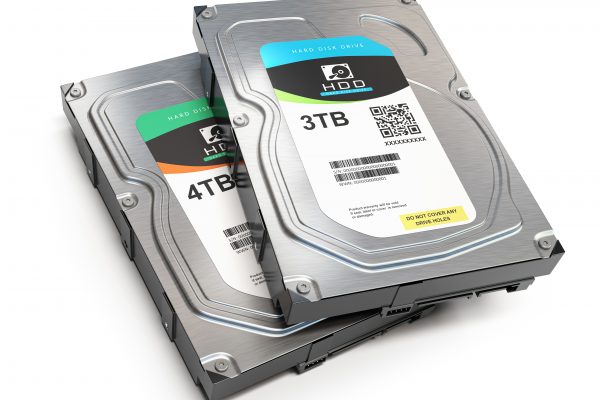

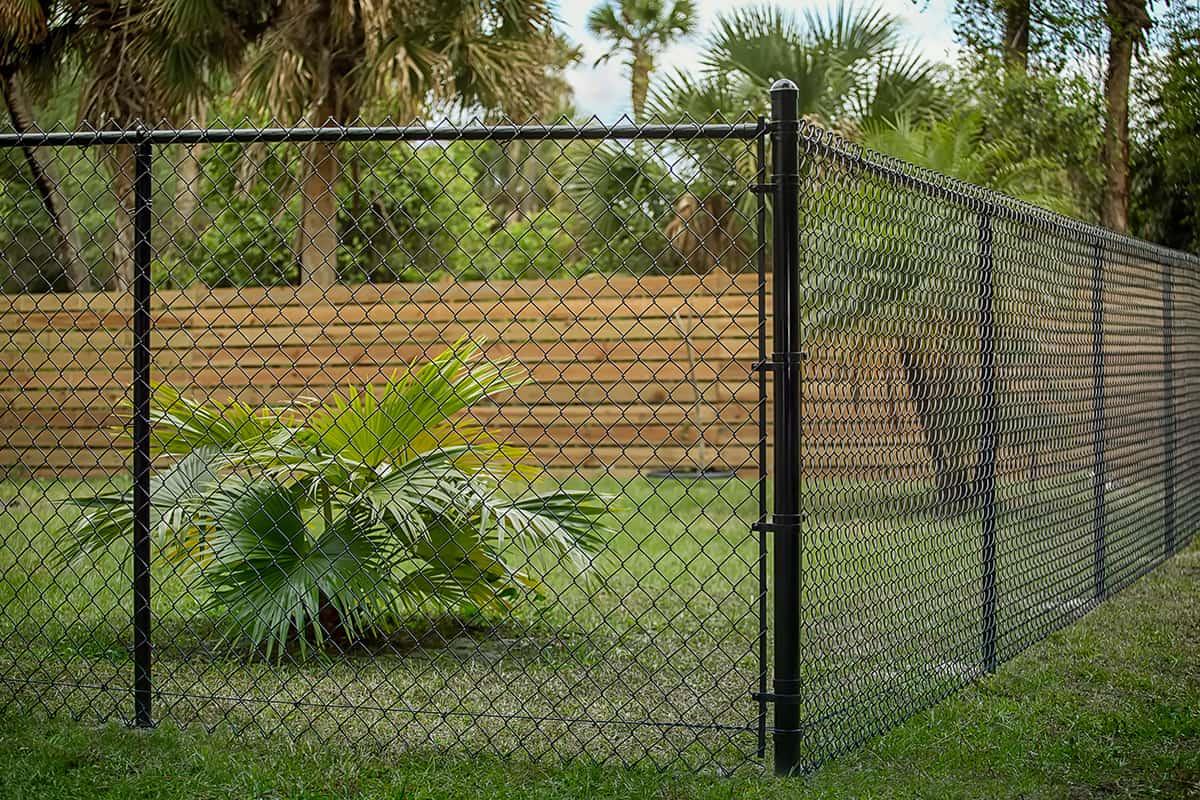


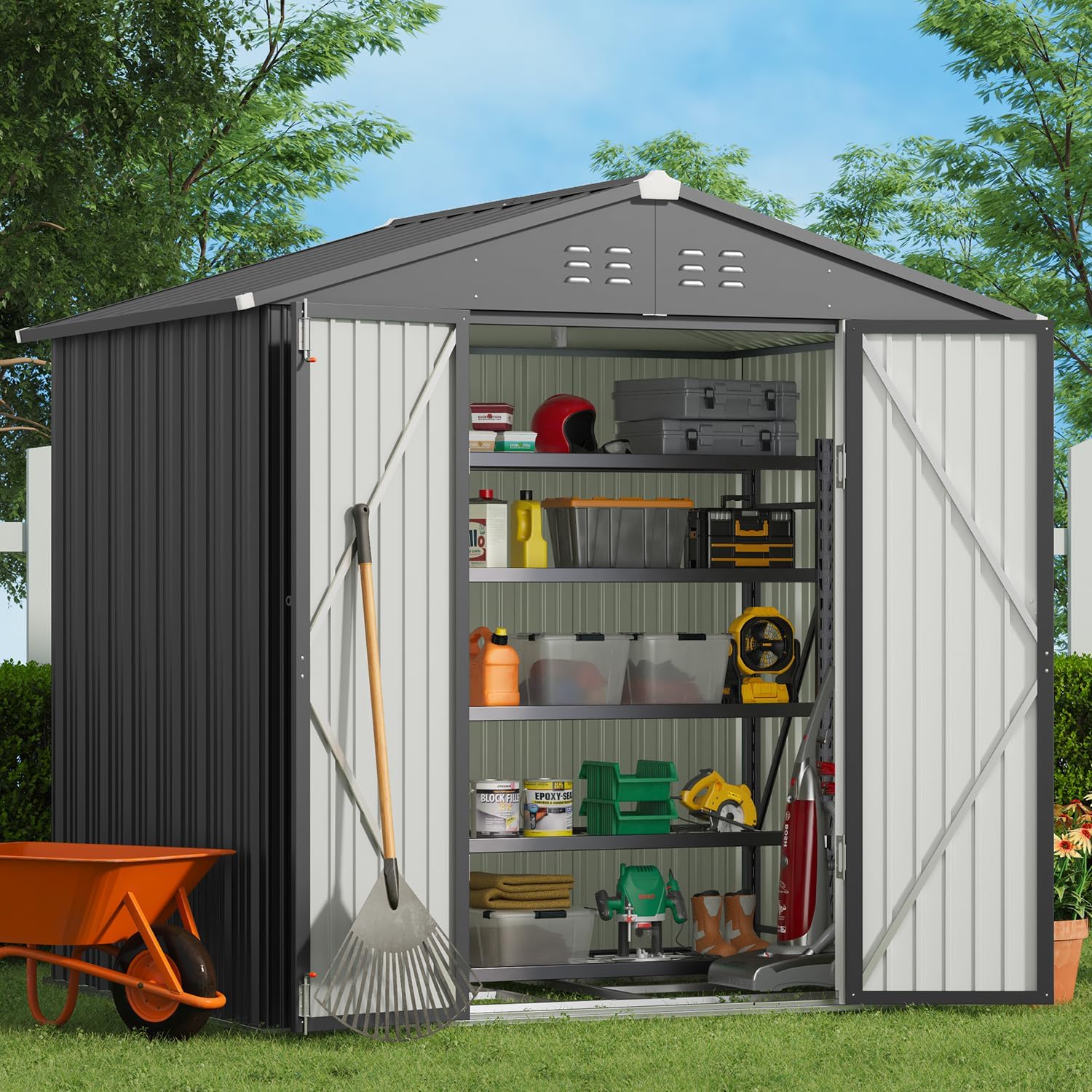
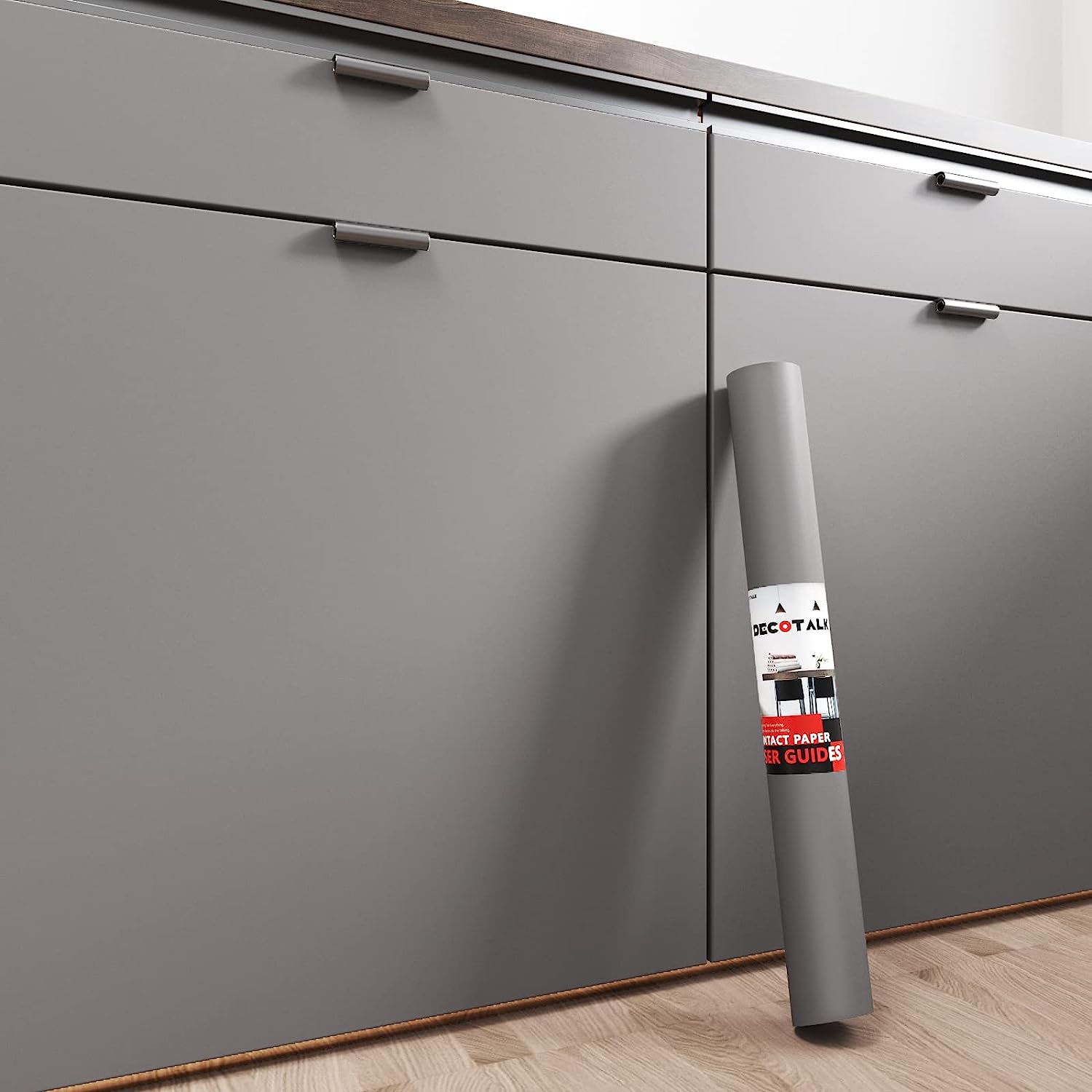
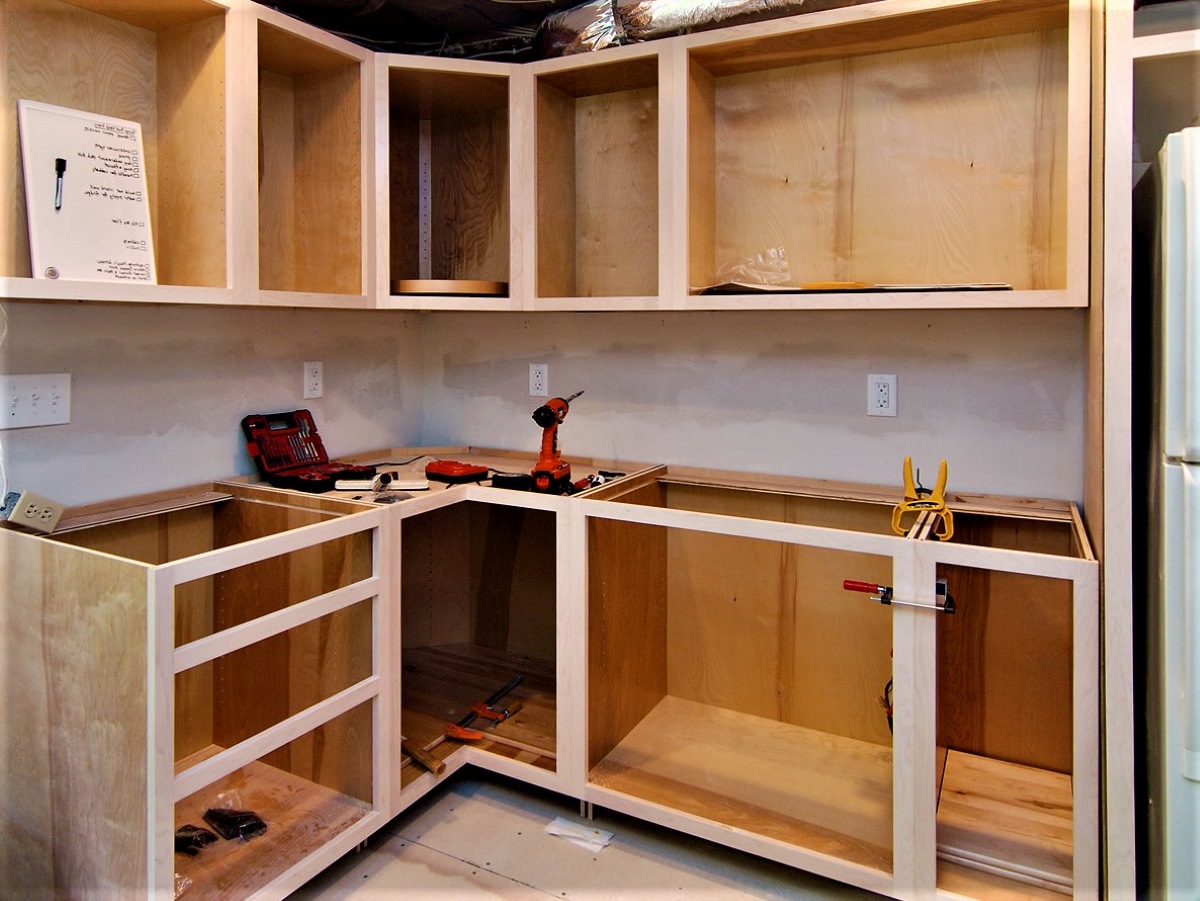


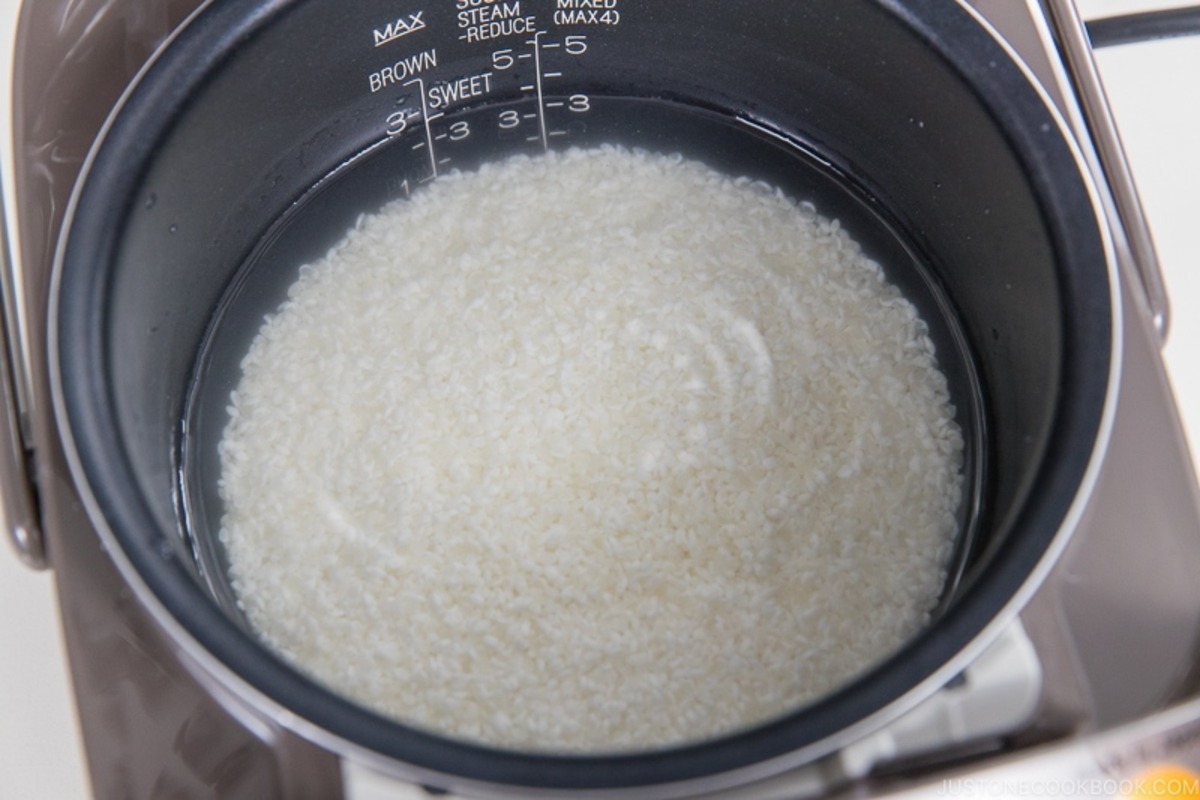

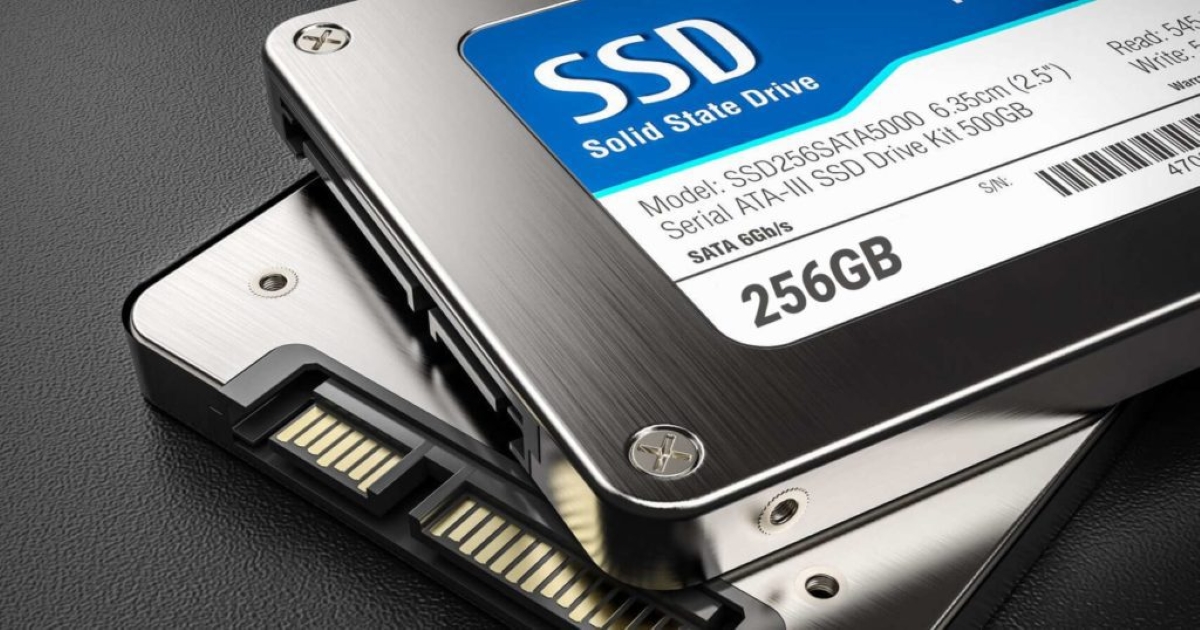

0 thoughts on “How Much Is 1 Tb Of Storage”